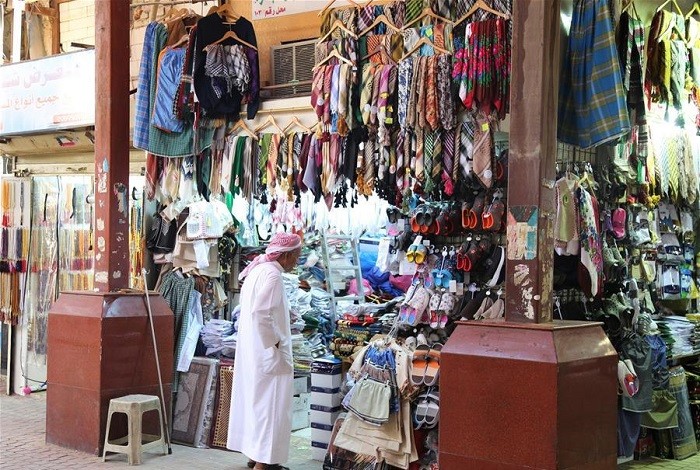The pandemic has abruptly halted years of progress against global extreme poverty, and expected to rise in 2020 for the first time in over 20 years as the disruption of the COVID-19 pandemic compounds the forces of conflict and climate change, which were already slowing poverty reduction progress, the World Bank said Wednesday.
The COVID-19 pandemic is estimated to push an additional 88 million to 115 million people into extreme poverty this year, with the total rising to as many as 150 million by 2021, depending on the severity of the economic contraction. Extreme poverty, defined as living on less than USD 1.90 a day, is likely to affect between 9.1 percent and 9.4 percent of the world’s population in 2020, according to the biennial Poverty and Shared Prosperity Report. This would represent a regression to the rate of 9.2 percent in 2017.
Had the pandemic not convulsed the globe, the poverty rate was expected to drop to 7.9 percent in 2020. “The pandemic and global recession may cause over 1.4 percent of the world’s population to fall into extreme poverty,” said World Bank Group President David Malpass.
“In order to reverse this serious setback to development progress and poverty reduction, countries will need to prepare for a different economy post-COVID, by allowing capital, labor, skills, and innovation to move into new businesses and sectors. World Bank Group support, across IBRD, IDA, IFC and MIGA, will help developing countries resume growth and respond to the health, social, and economic impacts of COVID-19 as they work toward a sustainable and inclusive recovery.”
The COVID-19 crisis has also diminished shared prosperity, defined as the growth in the income of the poorest 40 percent of a country’s population. Average global shared prosperity is estimated to stagnate or even contract over 2019-2021 due to the reduced growth in average incomes. The deceleration in economic activity intensified by the pandemic is likely to hit the poorest people especially hard, and this could lead to even lower shared prosperity indicators in coming years.

